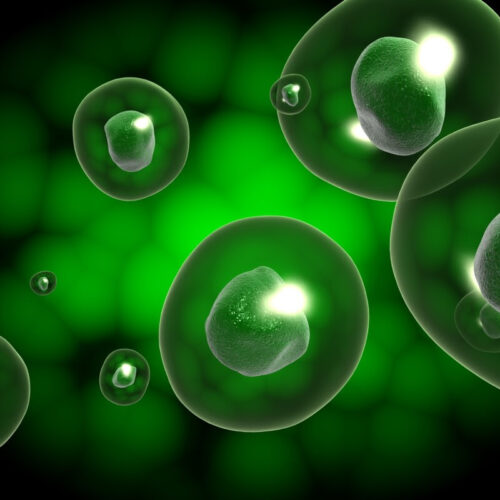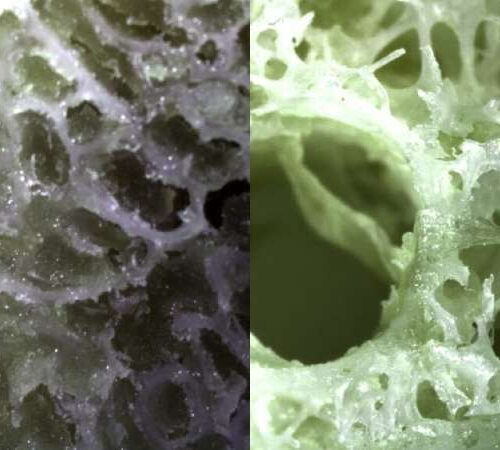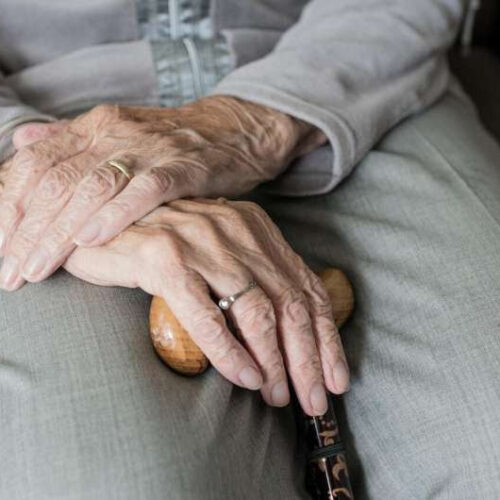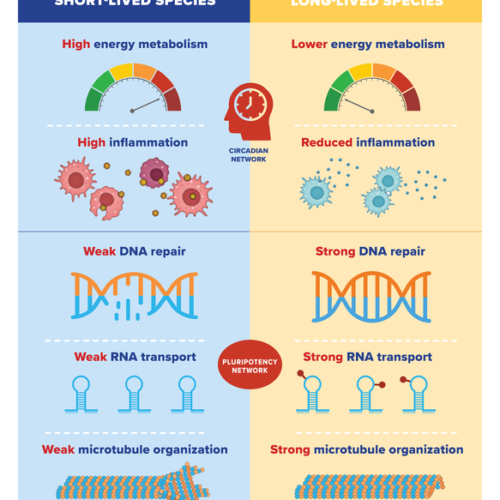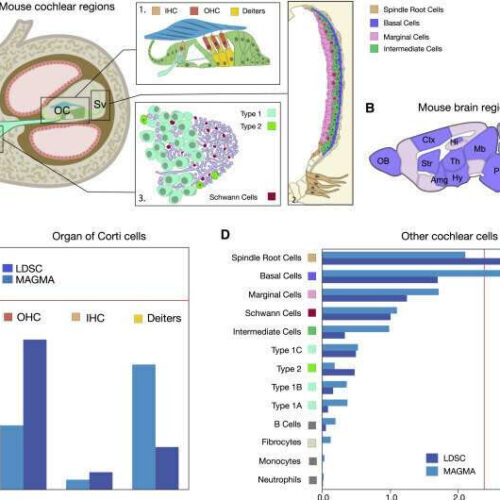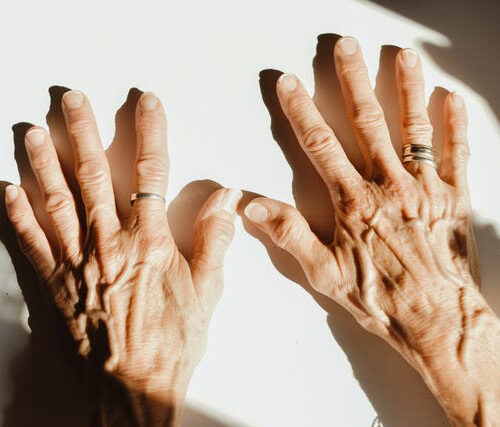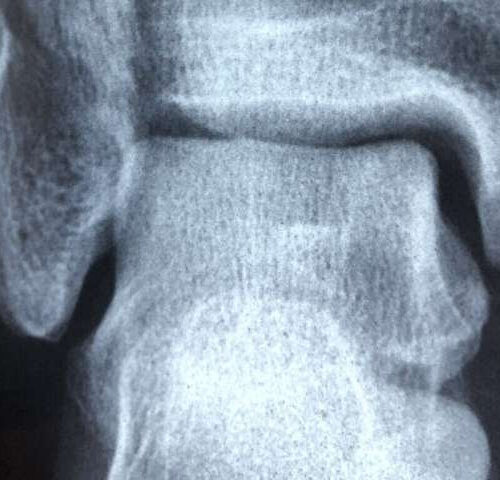By Nick Lavars June 14, 2022 A new study has uncovered a new platform for cells to talk to one another, which appears to play a role in the aging process Depositphotos Scientists studying the intricate mechanics behind the human aging process have made a discovery that could lead to improved health later in life....
Category: <span>Anti-aging</span>
Higher lead concentrations found in diseased bones
by Rachel Fritts, American Geophysical Union Researchers analyzed bone samples from patients with osteoarthritis (left) and osteoporosis (right) and discovered that people with the latter have higher concentrations of lead in their bones. Credit: Tom Darrah Among the world’s population over age 60, chronic illnesses like the degenerative bone disease osteoporosis have become more common. Trace...
New cellular secrets of ageing unlocked by researchers
Researchers have discovered how genetic mutations accumulated slowly over a lifetime lead to dramatic changes in how blood is formed after the age of 70, providing a new theory for ageing. New research has uncovered how genetic changes that accumulate slowly in blood stem cells throughout life are likely to be responsible for the dramatic...
Eating problems are common among older home care clients
by University of Eastern Finland Credit: Pixabay/CC0 Public Domain Eating problems are common among older home care clients, a new study from the University of Eastern Finland shows. Nearly 30% of the 250 older care clients studied reported poor appetite, 20% had problems with chewing, 14% had problems with swallowing, and nearly 20% reported eating...
The secret to a longer lifespan? Gene regulation holds a clue
UNIVERSITY OF ROCHESTER IMAGE: IN COMPARING THE GENE EXPRESSION PATTERNS OF 26 SPECIES WITH DIVERSE LIFESPANS, UNIVERSITY OF ROCHESTER BIOLOGISTS FOUND THAT THE CHARACTERISTICS OF THE DIFFERENT GENES WERE CONTROLLED BY CIRCADIAN OR PLURIPOTENCY NETWORKS. CREDIT: UNIVERSITY OF ROCHESTER ILLUSTRATION / JULIA JOSHPE Natural selection has produced mammals that age at dramatically different rates. Take,...
Clinical study shows postbiotic urolithin a improves muscle strength and exercise performance in middle aged adults
ECOLE POLYTECHNIQUE FÉDÉRALE DE LAUSANNE Age-associated muscle decline can start as early as 40 years old and there are currently no effective interventions to counteract it other than exercise. A new milestone study published today in Cell Reports Medicine showed that daily intake of Amazentis’ proprietary Urolithin A, Mitopure, significantly improved muscle strength by 12% after four months....
Hope for treatments against hearing loss as 10 genes identified
by King’s College London Evaluation of enrichment of common-variant hearing loss GWAS results in scRNA-seq mouse datasets. Schematic of the mouse cochlea (A) and the mouse brain (B) regions used for the enrichment analysis. Abbreviations: Amg, amygdala; Cbx, cerebellum; Ctx, cerebral cortex; DC, Deiters’ cells; Hi, hippocampus; Hy, hypothalamus; IHC, inner hair cells; Mb, midbrain;...
Cells Act 30 Years Younger, Scientists Claim
BY MONIQUE BROUILLETTE MAY 6, 2022 STEFANIA PELFINI, LA WAZIYA PHOTOGRAPHYGETTY IMAGES Shinya Yamanaka won the Nobel Prize in 2012 for the discovery of his eponymous “Yamanaka factors,” which can revert cells to their embryonic state. The factors seemed promising for reversing signs of aging, but they reset the age of the cells too far back in time....
Obesity linked to higher risk of broken bones in women
by European Association for the Study of Obesity Credit: CC0 Public Domain New research being presented at the European Congress on Obesity (ECO) in Maastricht, the Netherlands (4-7 May), has found that women with obesity and overweight, particularly women with high waist circumference, are more susceptible to fractures than those with normal weight. In men,...
Fecal transplants reverse hallmarks of aging
by University of East Anglia Credit: Unsplash/CC0 Public Domain In the search for eternal youth, poo transplants may seem like an unlikely way to reverse the aging process. However, scientists at the Quadram Institute and the University of East Anglia have provided evidence, from research in mice, that transplanting fecal microbiota from young into old mice can reverse hallmarks of...

